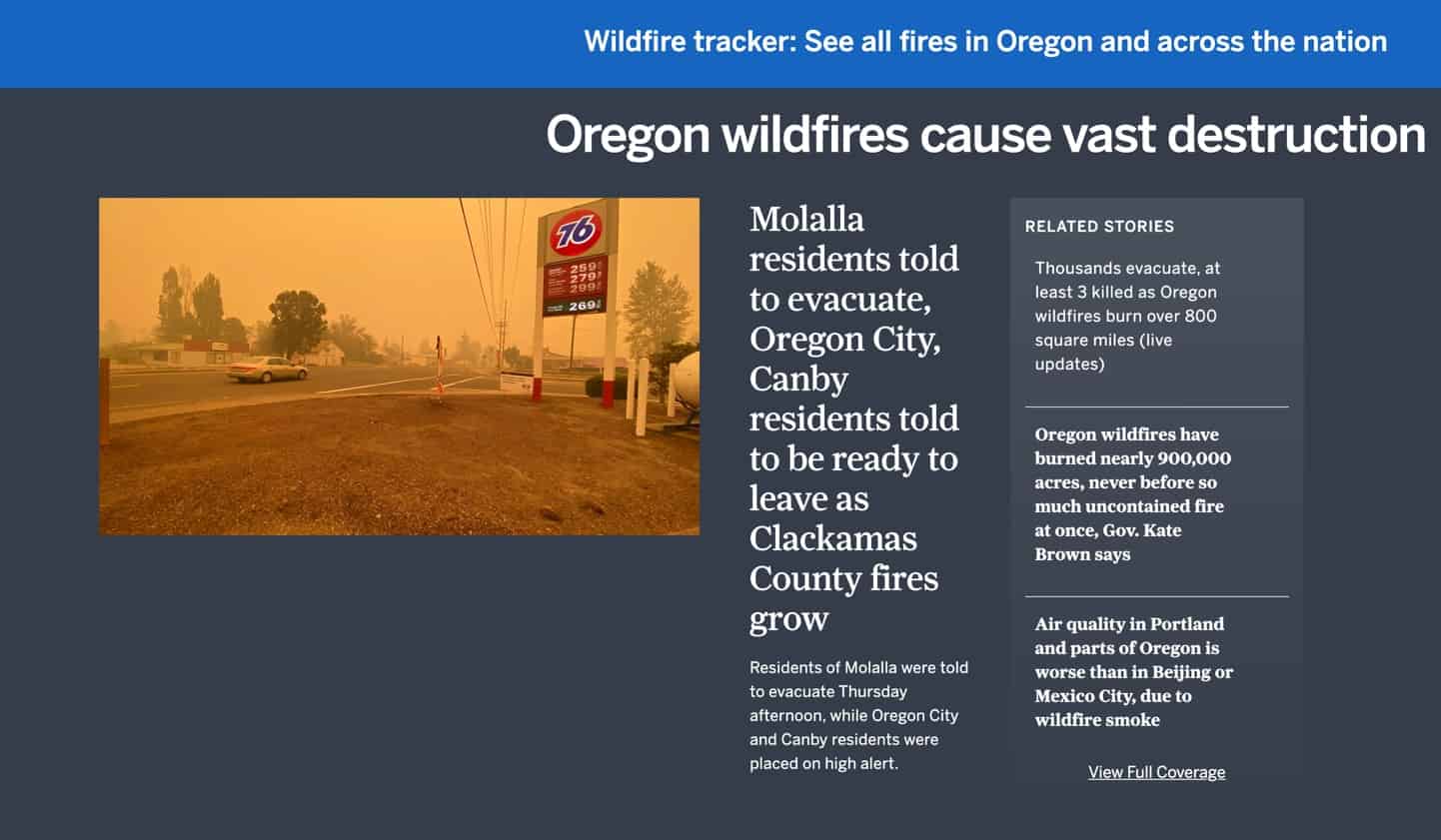If there’s a way to game the system, as we learned a few months ago in the pizza arbitrage story, people will find it:
Amazon drivers are reportedly competing against each other to snag new orders by hanging smartphones in trees outside Whole Foods stores [Business Insider] – “Amazon drivers are hanging phones from trees outside Chicago Amazon delivery stations and Whole Foods stores so that they will have first dibs on accepting new orders, according to a new report from Bloomberg.”
(also… These students figured out their tests were graded by AI — and the easy way to cheat)
7 Ways to Develop Better Money Habits [My Life And Finances] – “Have you noticed that whenever you do things haphazardly, it usually doesn’t turn out well? That’s why creating better money habits is so important to building the life you want.
Habits possess the power to transform your life, so applying good habits can improve your financial outlook. Below are some of the top tips for how to develop better money habits!”
It seems like we haven’t had a heist story in a while… so today I will present to you two heist stories.
The first is a story about a (very scary) heist on the high seas:
The day the pirates came [BBC News] – “For Sudeep Choudhury, work on merchant ships promised adventure and a better life. But a voyage on an oil tanker in West Africa, in dangerous seas far from home, would turn the young graduate’s life upside down. His fate would come to depend on a band of drug-fuelled jungle pirates – and the whims of a mysterious figure called The King.”
And this one is a little bit more white collar:
The Wildest Insurance Fraud Scheme Texas Has Ever Seen [Texas Monthly] – “When federal agent Jim Reed drove in to a small airport in the East Texas city of Athens mid-morning on September 15, 2014, he was expecting to find a straightforward case of arson—an easy case for the new guy. He introduced himself to the Athens Jet Center’s co-owners, two brothers in their seventies named Wayne and Gaylon Addkison, who led Reed to a small jet, a 1971 Cessna 500 Citation I, that looked like it had been barbecued on a rotisserie. “It was burned in half,” Wayne Addkison recalled. “The nose tipped on the ground and the back half was on the ground too.””
But… how did a parked plane catch fire? Read and find out! 🙂
See you tomorrow!

